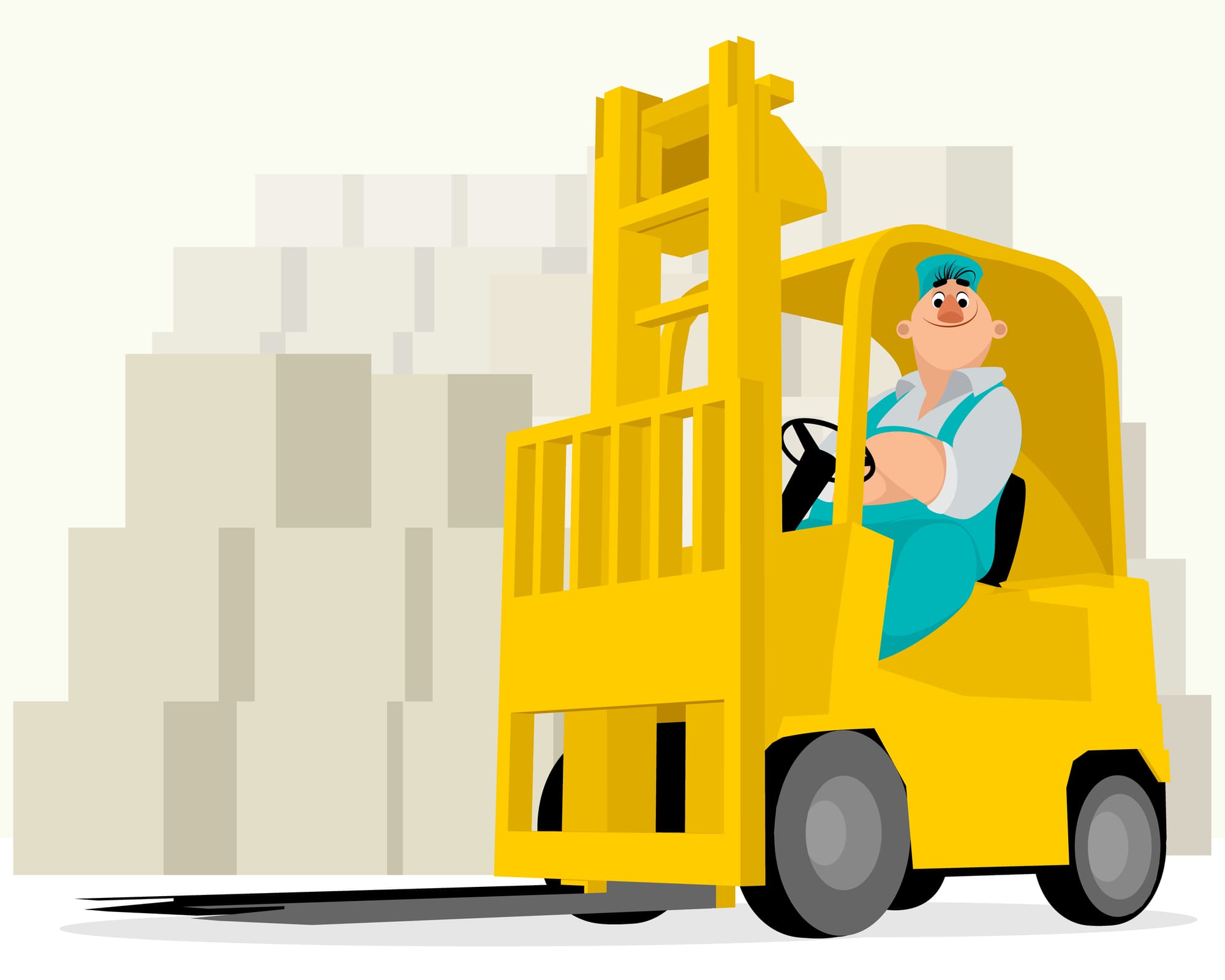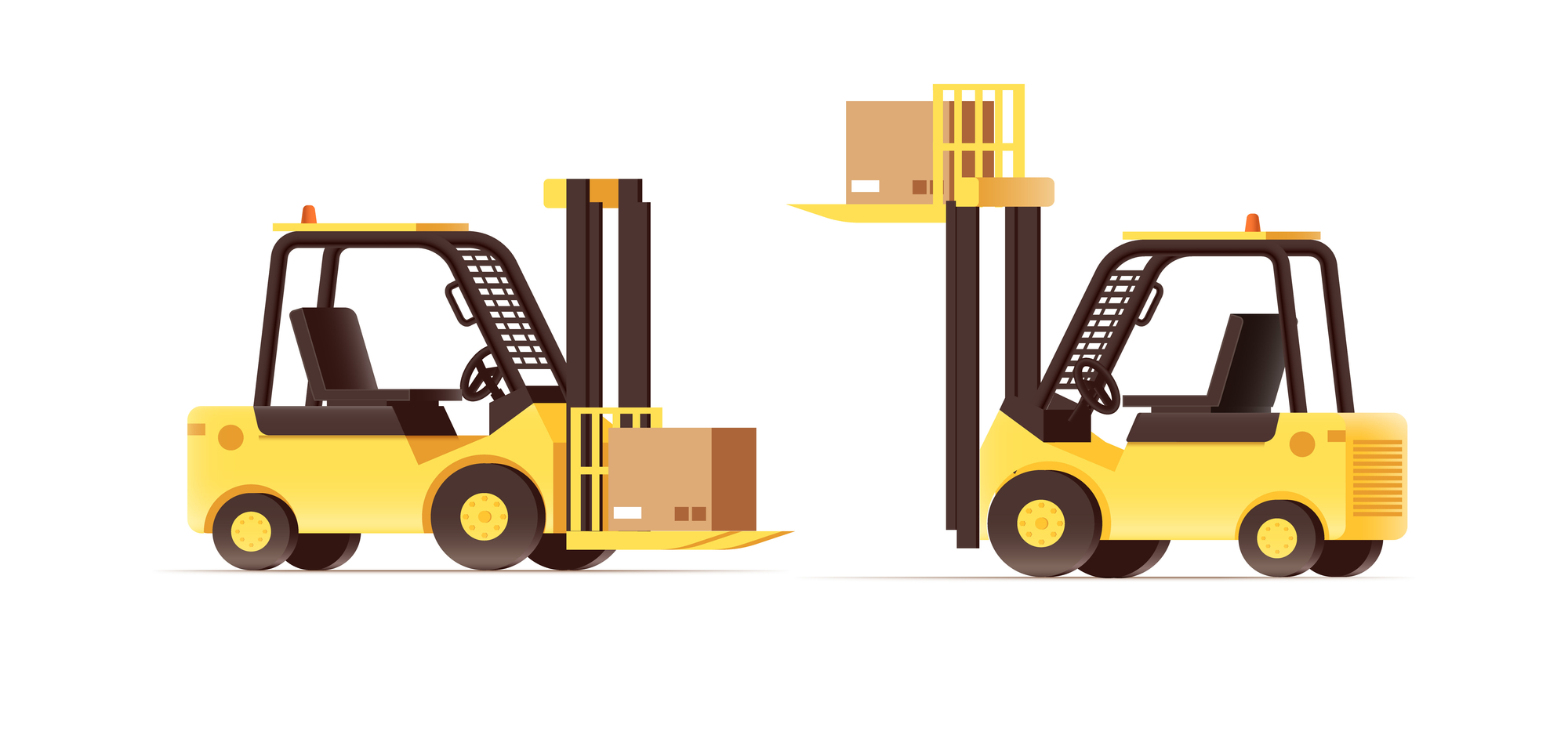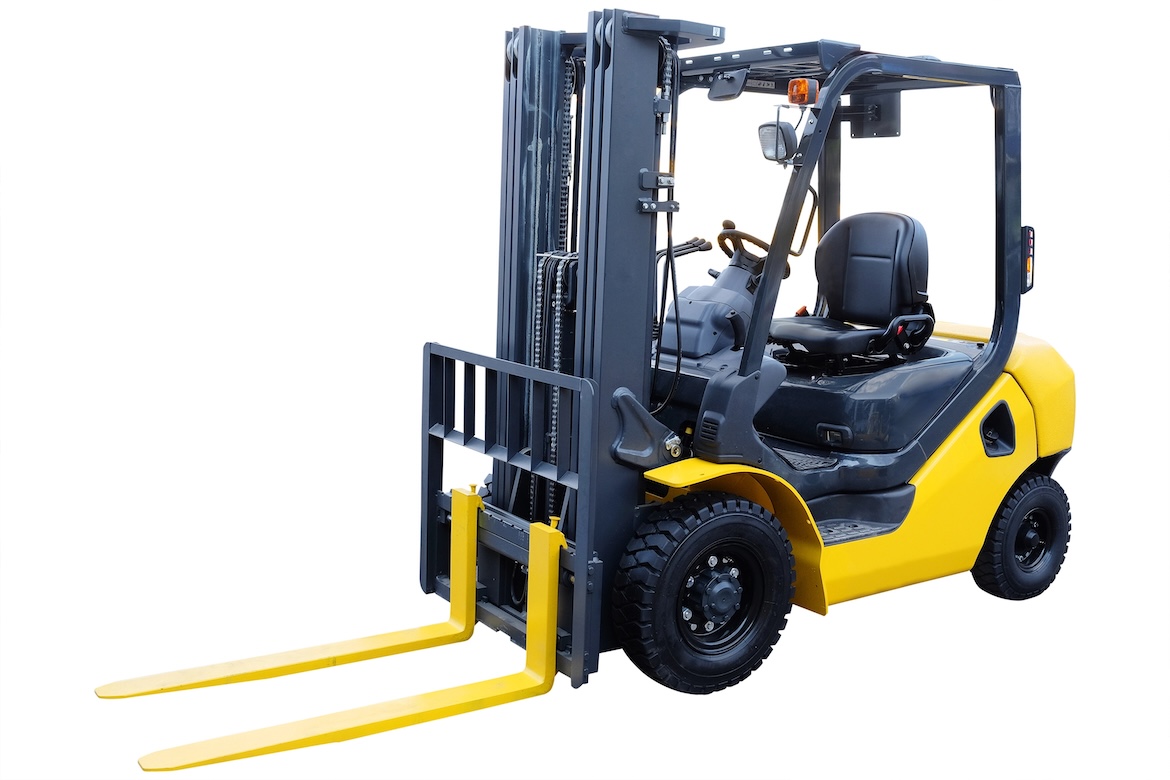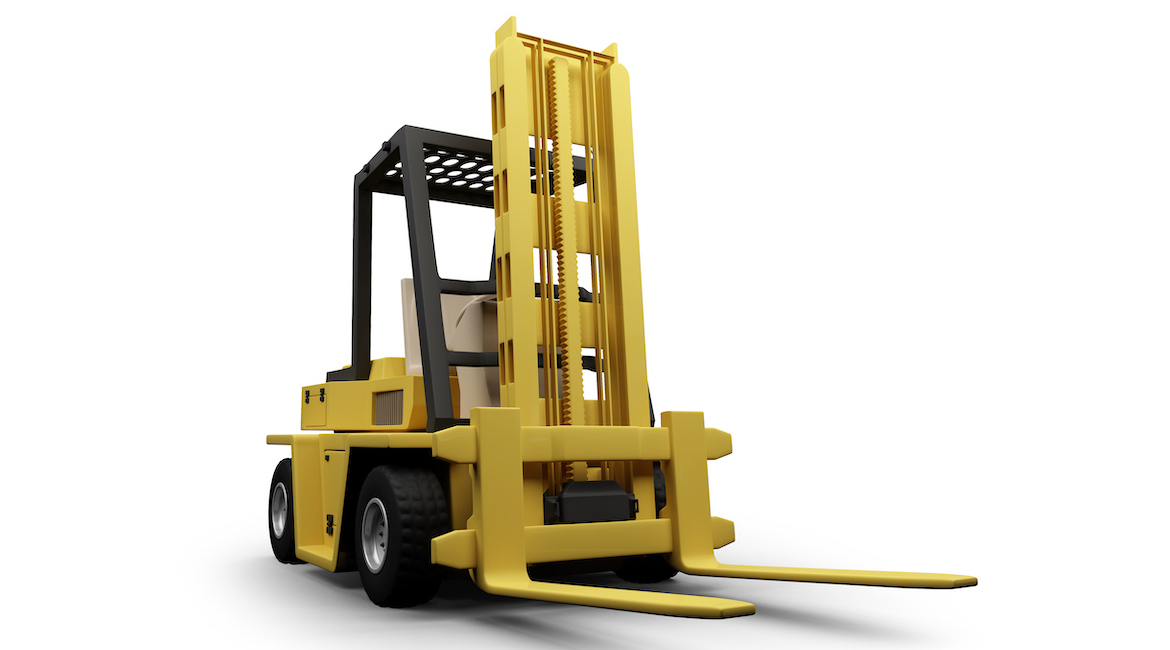How Electric Forklifts Save Money on Fuel and Maintenance
09/24/2018
CITrucks
Forklift manufacturing in the United States is a $10 billion-industry.
Impressive, right?
It's not a big surprise though, after all, it plays a major role in construction. This sector alone creates structures worth almost $1 trillion every year.
Forklifts also see a lot of use in the $148.7-billion warehousing industry. Let's not forget dockyards and other applications handling heavy materials.
In any case, these figures show us how vital these heavy machineries are. However, as important as they are, their ownership and maintenance can be expensive.
Enter electric forklifts. Because these run on electricity, they can make forklift ownership far less expensive. That's right. You have fewer fuel costs to worry about.
How much exactly can owning such an equipment save you? That's what we'll discuss with you now.
The Lowdown on Fuel Costs for Forklift Use
Traditional forklifts rely on an internal combustion engine. To power the machine, the engine needs to burn fuel (either gas or diesel).
Electric lift trucks are similar to electric vehicles, they rely on a similar power source. This power comes from a battery rather than fuel. When the battery runs out of juice, lift operators only need to recharge it using electricity.
The EIA reports that the national average price of propane (January 2018) is almost $2.60 per gallon. For diesel, it's around $3.20 per gallon.
So, let's say you use a gas-powered lift for eight hours every day, five times a week. Let's also say that it uses an 8-gallon liquid propane tank. For a 4-cylinder engine, this should last you up to around eight hours.
That means every day, you spend $20.8 for propane alone. That's a whopping $104 every week, or $416 every month! For an entire year, that adds up to almost $5,000!
What About the Costs of Operating Electric Forklifts?
So, what happens if you made the switch to an electric forklift? First, consider the national industrial price of electricity. As of June 2018, it's 7.18 cents per kilowatt-hour (kWh).
If you operate your lift truck eight hours a day, you may have to recharge it every day. Charging times vary, but they average six hours. Let's say your lift truck has a 36-volt battery.
This means that the cost to put it on charge six hours a day is around $2.60. That's $13 every week, or $52 every month. At the end of the year, you'd have spent about $624 to use the electric lift.
Using these samples, you'll see how big of a difference propane and electric forklifts have. Imagine being able to save more than $4,000 on fuel costs. That should be enough for you to consider making the switch or trade-in to an electric ASAP.
Even More Savings from Reduced Maintenance
Every year, almost 35,000 serious forklift-related injuries occur in the United States. Even worse, lift truck accidents claim the lives of around 85 workers each year.
The sad truth is, many of these incidents resulted from improper use and maintenance. We can't stress enough how important heavy equipment maintenance is. In fact, there's even an OSHA regulation for day-to-day lift truck examinations.
However, did you know that gas-powered forklifts need more maintenance than electric ones? A primary reason for this is their engine.
Think about it.
Internal combustion engines have so many more moving parts then you will find in their electric counterparts. There are the spark plugs, catalytic converters, and filters. There's also the chemical dangers of motor oils and other liquid leaks.
Each of these components would need servicing or changing over time. Air and oil filters alone need servicing after 250 hours. Your lift also needs an oil change after this number of hours.
Divide that by eight hours of everyday use, and that means servicing/changing every month! That's a lot of maintenance-related costs to worry about.
As you can see, making the switch to electric means less of these costs to think about. You don't have to deal with fuel or air filter replacements. You also can say goodbye to oil changes.
Less Maintenance Means Longer Service Life
In general, forklifts last around 10,000 to 13,000 hours. That translates to about 5 to 6.5 years of life for a forklift used 2,000 hours a year.
However, you can only expect your equipment to last this long with proper care and maintenance. That also depends on how heavy the workload is, as well as working conditions. That's why it's not rare to see lift trucks to need reconditioned or replaced sooner than expected.
Since an electric forklift needs less maintenance, then it's easier to make it last longer. Of course, you need to make sure you stick to the maintenance schedule, less rigid as it is. If you do, then you can get as much as five to seven years of service life from your equipment. These figures of course vary depending on how often you are using the lift.
The Environmental-Conscious Choice
Going electric doesn't only give you a chance to save on fuel and maintenance costs. It also gives you the chance to help save the environment!
After all, these machines don't burn fuel, which means they don't produce tailpipe emissions. FYI, fuel-burning vehicles alone produce a third of air pollution in the country.
By choosing electric equipment, you can reduce your business' carbon footprint. This is already a huge benefit to your employees mind you. That's because fewer emissions in the workplace mean lower risks of exposure to polluted air.
An Electric Forklift: The Smart Choice for Smart and Eco-Conscious Businesses
In 2017 alone, the country went through almost 20 million barrels of oil every day. Keep in mind that these fuel sources aren't renewable. As such, their continued depletion will only make gas prices go up even more.
So, the longer you stick to fuel-powered forklifts, the greater your expenses would be. Why not cut it now with electric forklifts? The sooner you do, the more savings your business will enjoy.
Looking for more forklift-related info like this? If so, then please feel free to visit our blog site. Better yet, connect with us as soon as you're ready to make the switch to an electric lift truck.





